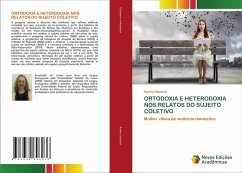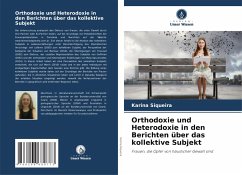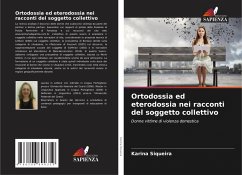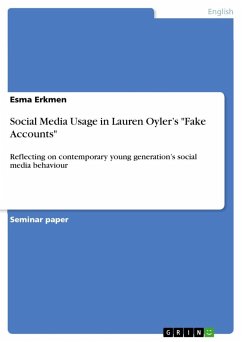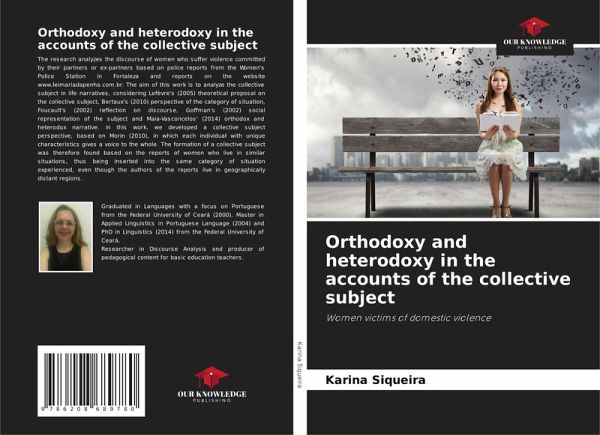
Orthodoxy and heterodoxy in the accounts of the collective subject
Women victims of domestic violence
Versandkostenfrei!
Versandfertig in 6-10 Tagen
53,99 €
inkl. MwSt.

PAYBACK Punkte
27 °P sammeln!
The research analyzes the discourse of women who suffer violence committed by their partners or ex-partners based on police reports from the Women's Police Station in Fortaleza and reports on the website www.leimariadapenha.com.br. The aim of this work is to analyze the collective subject in life narratives, considering Lefèvre's (2005) theoretical proposal on the collective subject, Bertaux's (2010) perspective of the category of situation, Foucault's (2002) reflection on discourse, Goffman's (2002) social representation of the subject and Maia-Vasconcelos' (2014) orthodox and heterodox narr...
The research analyzes the discourse of women who suffer violence committed by their partners or ex-partners based on police reports from the Women's Police Station in Fortaleza and reports on the website www.leimariadapenha.com.br. The aim of this work is to analyze the collective subject in life narratives, considering Lefèvre's (2005) theoretical proposal on the collective subject, Bertaux's (2010) perspective of the category of situation, Foucault's (2002) reflection on discourse, Goffman's (2002) social representation of the subject and Maia-Vasconcelos' (2014) orthodox and heterodox narrative. In this work, we developed a collective subject perspective, based on Morin (2010), in which each individual with unique characteristics gives a voice to the whole. The formation of a collective subject was therefore found based on the reports of women who live in similar situations, thus being inserted into the same category of situation experienced, even though the authors of the reports live in geographically distant regions.



